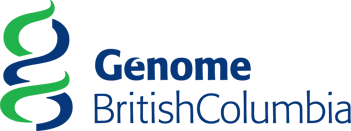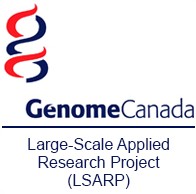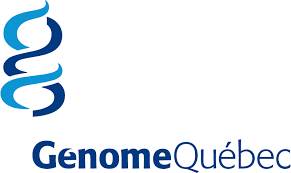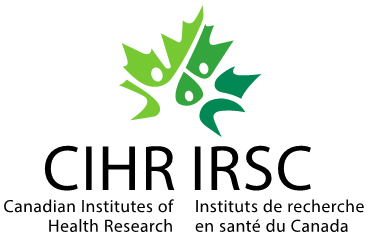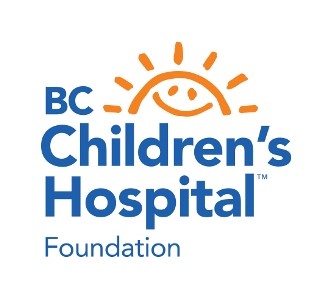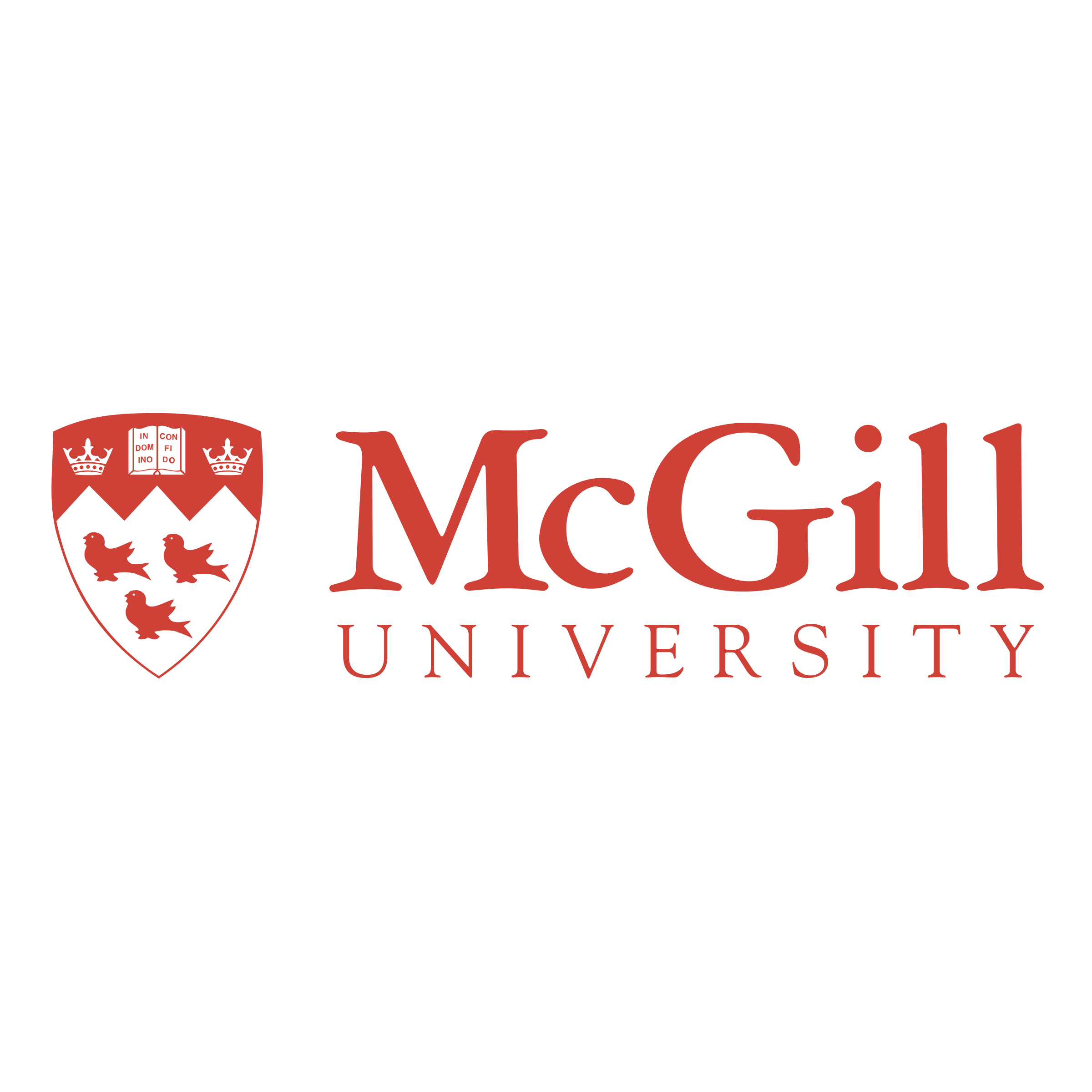ACTIVITY 3- PRACTICE: Develop, Evaluate, & Enhance: Innovative Methods for Effective Genomic Counselling
Members: Dr. Jehannine Austin, Patricia Birch, Dr. Jan Friedman, Dr. Alison Elliott (Co-Leads), Patricia Birch, Shelin Adam, Dr. Nick Bansback, Dr. Alice Virani
Rationale: Access to appropriate genomic services and support is a fundamental objective of GenCOUNSEL. Canada’s genetics clinics are in major metropolitan areas, therefore geographical barriers prevent many Canadians from attending them in person. Even those living near a genetics clinic may have social and financial situations and practical issues that often prevent all or even any of a family’s decision-makers from attending in-person genetic counselling sessions. Online tools, Telehealth/video conferencing, pamphlets, and telephone counselling are some alternatives to in-person genetic counselling. These options will be explored in this activity.
- Activity 3.1: Customization and Translation of Decide; Cost-Effectiveness of its Development and Implementation
-
Members of our team (Birch, Bansback, Adam, and Friedman) have developed an online tool called “DECIDE” (Decision aid and E-Counselling for Inherited Disorder Evaluation). In this project, we will customize DECIDE for specific clinical indications and make it available to families considering clinical GWS. Using standard health economic models we will estimate the cost of developing a decision aid such as DECIDE for different clinical genomics settings and indications.
- Activity 3.2: Evaluation of Three Methods of Providing Genetic Counselling
-
Alternatives to in-person genetic counselling for genomic testing are necessary, and with increasing use of genetic and genomic services, delivery modes that promote equality of access and are readily adaptable for different circumstances are essential. We wish to compare both the effectiveness and the accessibility of three delivery modes: In person, Telehealth, and DECIDE.
- Activity 3.3: Evaluation of Three Genetic Counselling Modes
-
In this sub-activity, we will assess acceptability of each of the three modes of genetic counselling from the healthcare providers’ perspective and will provide estimates of comparative costs for each mode from the perspectives of society (non healthcare costs) and for the patient/family. A cost consequence analysis will assess budgetary impact of the three genetic counselling modes.
- Activity 3.4: Evaluation of Models of Genetic Counselling in Primary Care & Subspecialty Clinic Settings
-
In this demonstration project, we will use multiple strategies to evaluate the impact on patients, practice, and physicians of embedding a genetic counsellor in a primary care setting in addition to subspecialty clinics where there is currently no genetic counsellor presence.
